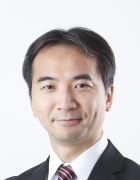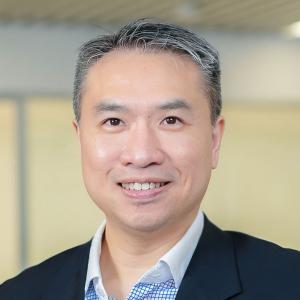Biography: Prof. Dr. Hironori Washizaki is a Professor and the Associate Dean of the Research Promotion Division at Waseda University in Tokyo, and a Visiting Professor at the National Institute of Informatics. He also works in industry as Outside Directors of SYSTEM INFORMATION and eXmotion. Hironori currently serves as IEEE Computer Society 1st Vice President 2023. He was awarded Golden Core Member and Distinguished Contributor from IEEE CS. He is leading professional and educational activities, including development of the Guide to the Software Engineering Body of Knowledge (SWEBOK), educational courses, and certification programs. He has published more than 200 research papers in refereed international journals and conferences, including IEEE Computer, IEEE IoT-J, TETC, EMSE, SCICO, ICSE, and ASE. He has led many academia-industry joint research and large-funded projects in software design, reuse, traceability, and quality assurance. He is leading a professional IoT/AI education project called SmartSE. Since 2015, he has been the Convenor of ISO/IEC/JTC1/SC7/WG20 to standardize bodies of knowledge and certifications, and leading adoptions of IEEE CS products SWEBOK and Software Engineering Competency Model (SWECOM) into standards. He is currently running for IEEE Computer Society President-Elect 2024. The election will close on 11 September, 2023.
- Chiang Mai, Thailand
- Thailand's "Rose of the North"
- Contact Us
icise.secretary@vip.163.com
- Office time 9:30 - 18:00
Monday to Friday


